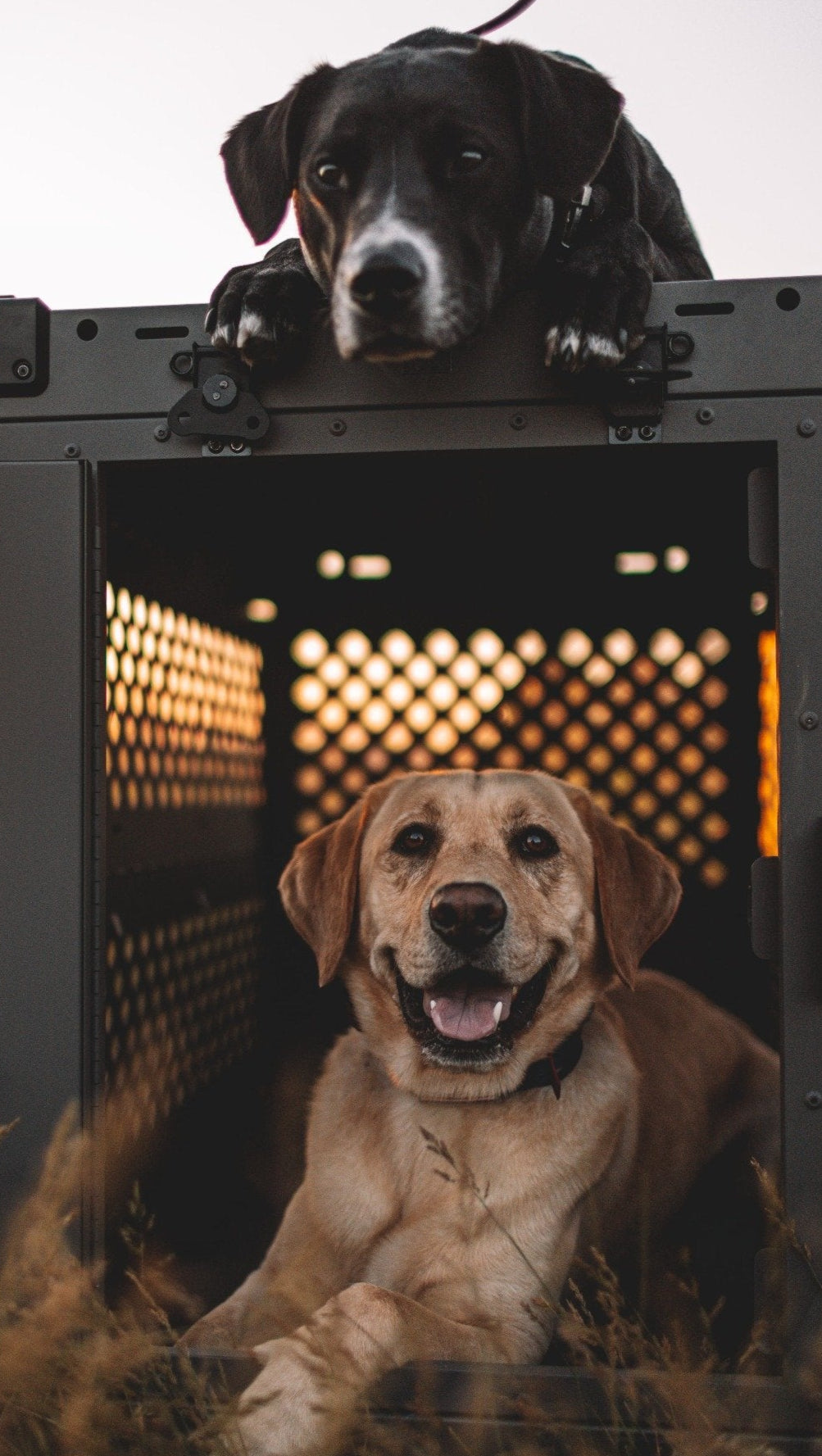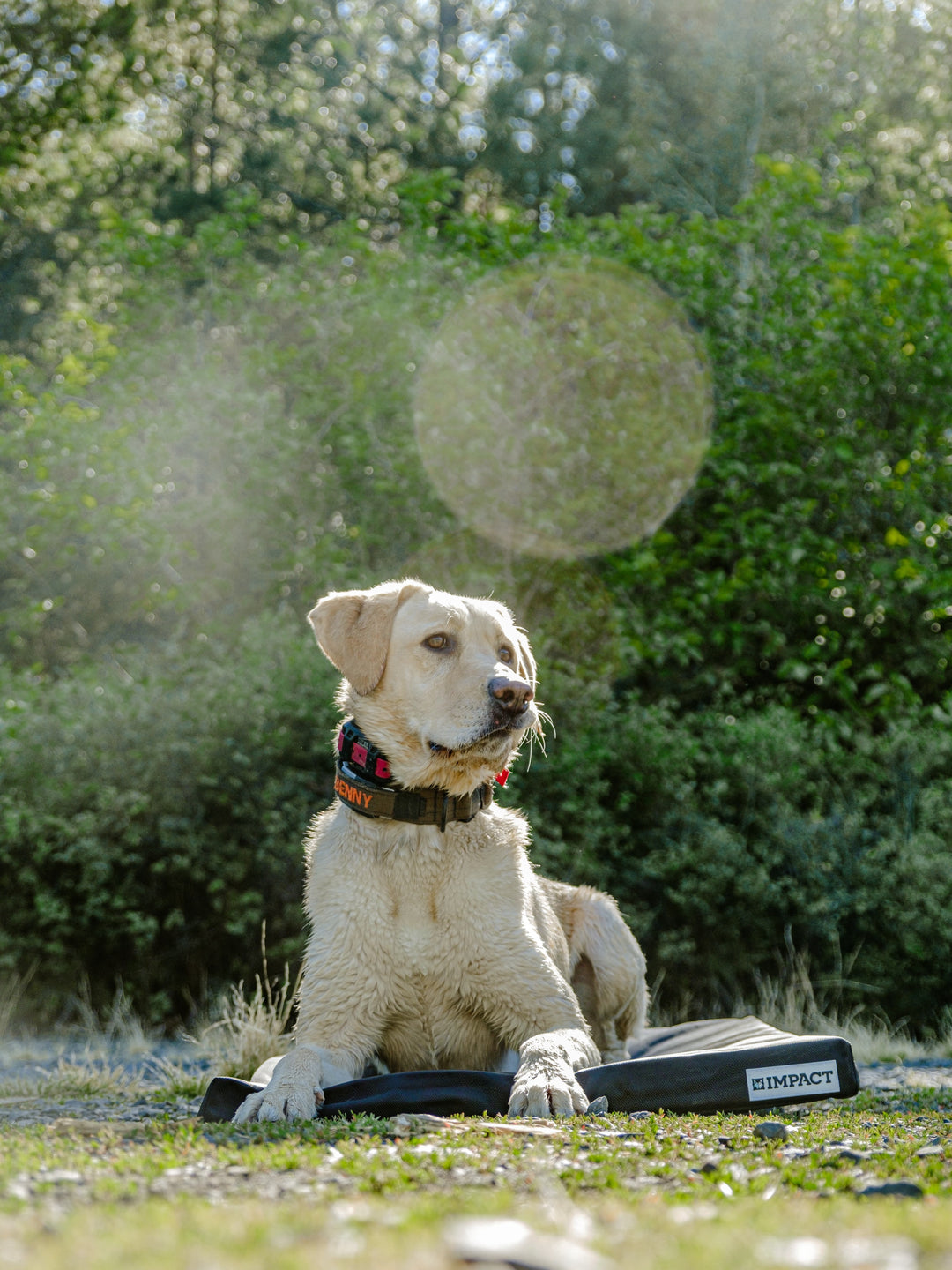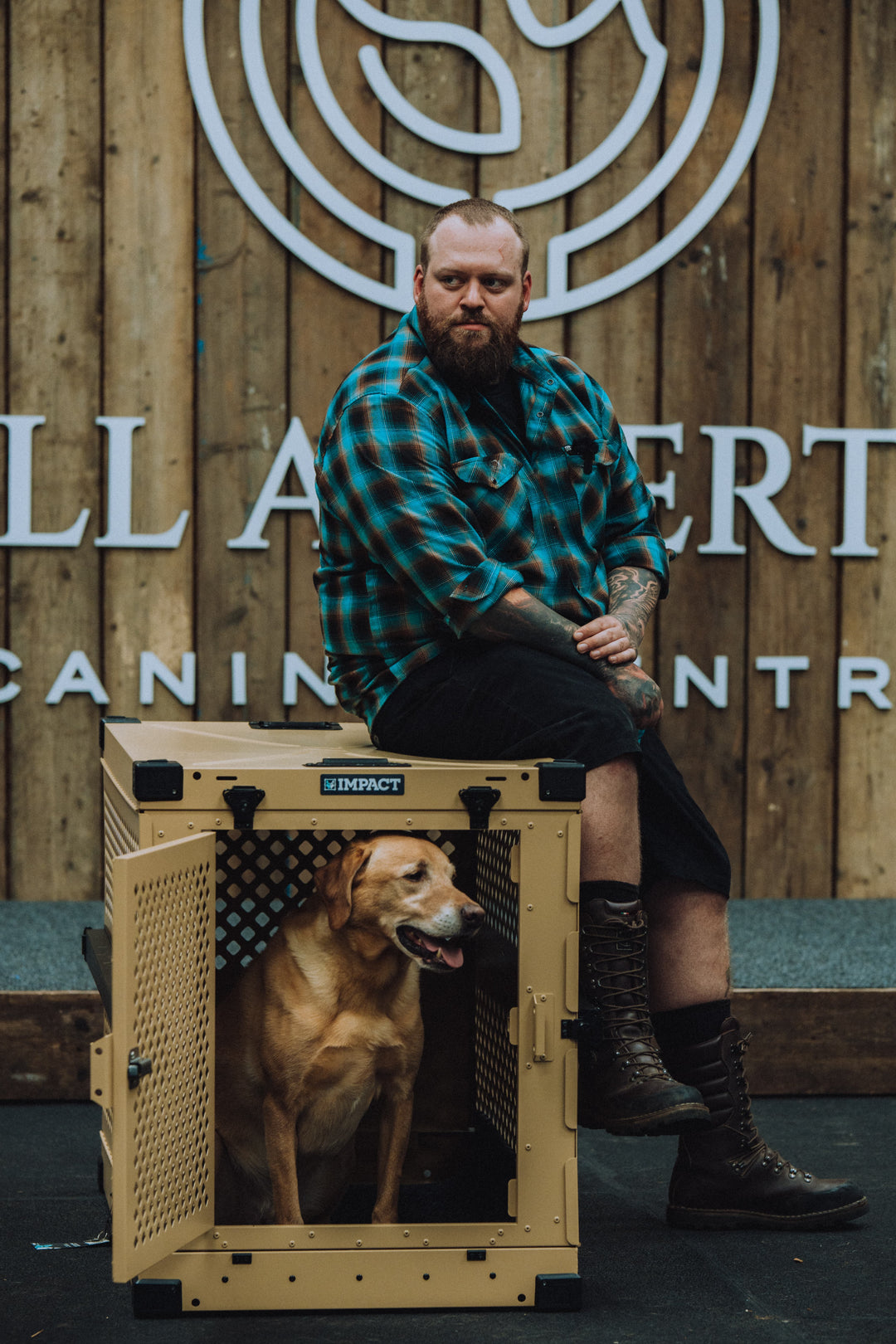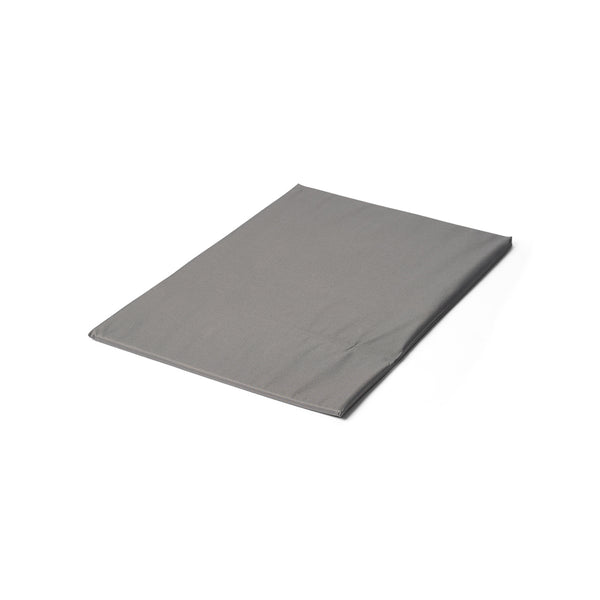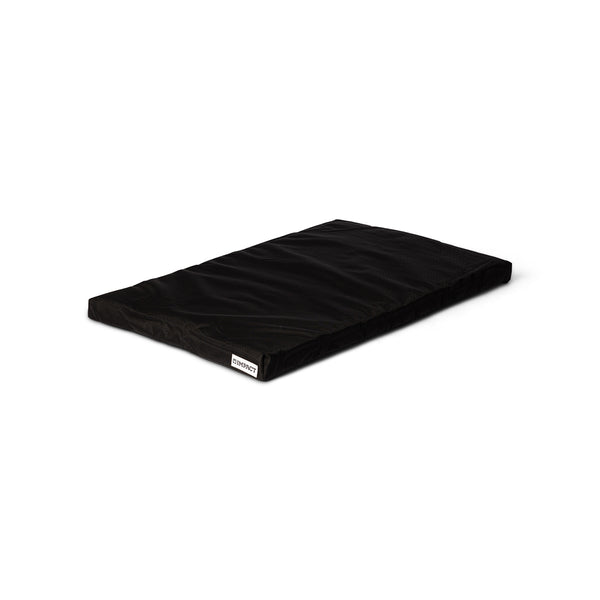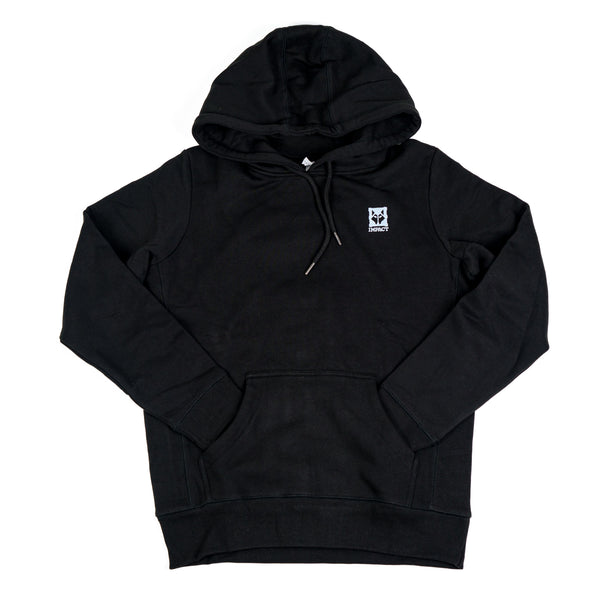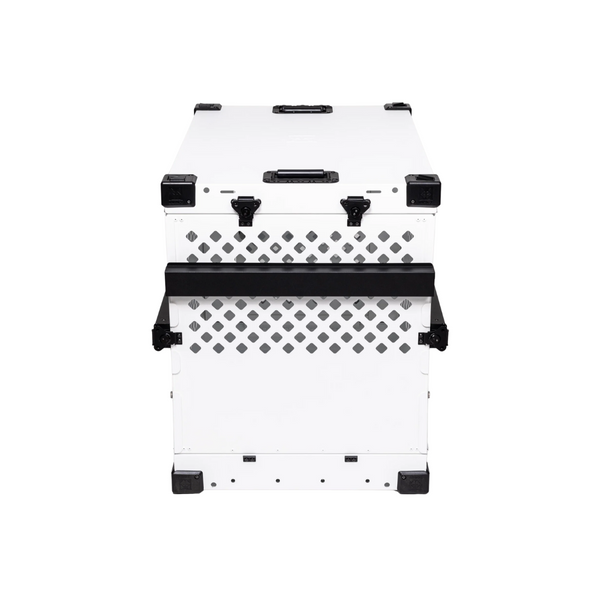Rotavirus is a contagious viral infection that affects the intestines of dogs, particularly those under one year of age. Puppies are the most at-risk group for rotavirus infection. This virus targets the digestive system and causes diarrhea and dehydration in susceptible dogs. It’s similar to what we experience as stomach flu; while most adult humans may recover with a few miserable days, puppies can become seriously ill much more quickly because their immune systems are still developing.
Symptoms and Types
Watch for the following signs. Some may be obvious, while others might be more subtle:
-
Watery or loose stool
-
Vomiting or dry heaving
-
Lack of appetite
-
Low energy or lethargy
-
Dehydration (such as dry gums or sunken eyes)
-
Fever
Mild to moderate cases of rotavirus may resolve on their own, but severe cases require immediate veterinary attention.
Causes and Risk Factors
Rotavirus spreads quickly, often through contaminated food, water, or contact with feces from an infected dog. Puppies are more vulnerable because of their immature immune systems.
Risk factors include:
-
Age (especially puppies under 12 weeks)
-
Crowded or unsanitary living conditions
-
Contact with infected dogs
-
Weakened or underdeveloped immune systems
Even healthy adult dogs can be at risk if they are exposed to the right (or wrong) conditions.
How Is It Diagnosed?
Veterinarians use several tools and methods to reach a diagnosis:
-
Fecal testing to detect the presence of rotavirus
-
Bloodwork to check for signs of dehydration and infection
-
Physical examination to look for symptoms like stomach tenderness, fever, or general weakness
Your vet may also ask about recent exposures, eating habits, and changes in your dog’s environment. Expect a thorough examination to rule out other conditions.
Treatment and Recovery
There is no specific cure for rotavirus. Treatment focuses on supportive care to help your dog recover comfortably and safely.
Treatment options typically include:
-
IV fluids or oral electrolyte solutions to combat dehydration
-
Anti-nausea medications if vomiting persists
-
A bland diet such as boiled chicken and rice
-
Rest, time, and lots of care and attention
Some cases may require hospitalization, but early care greatly improves the chance of a full recovery. Most dogs with mild to moderate symptoms recover well with proper support.
Living with and Managing Rotavirus at Home
Once your dog is diagnosed, your role becomes caregiver and cleaner.
-
Isolate the infected dog from other pets to prevent spread
-
Sanitize bedding, food bowls, toys, and any areas your dog frequents
-
Wash your hands often after handling your dog or cleaning up after them
-
Use pet-safe disinfectants on floors, crates, and other surfaces
-
Monitor hydration and offer water frequently. Watch for signs like dry gums or excessive thirst
Rotavirus is rarely transmitted to humans, but it’s still important to take precautions to protect all family members, both human and animal.
Prevention Tips That Make a Difference
-
Vaccinate puppies according to your veterinarian’s schedule
-
Ensure puppies receive colostrum (the first milk) from their mothers for antibody support
-
Keep your dog’s environment clean and well-maintained
-
Avoid dog parks or kennels during known outbreaks
-
Feed a balanced, nutritious diet and maintain regular vet checkups to support immune health
Preventing rotavirus is far easier than managing a full-blown infection—especially in puppies.
Have a Conversation with Your Vet
If your dog is showing any signs of illness, do not wait. Contact your veterinarian for guidance and early care options. Early supportive care can make all the difference in recovery time and overall outcome.
Would you like to learn more about how to keep your pup healthy? Consider scheduling a wellness check or browsing additional tips from your trusted veterinary team.
https://www.petmd.com/dog/conditions/digestive/c_dg_rotavirus_infections

